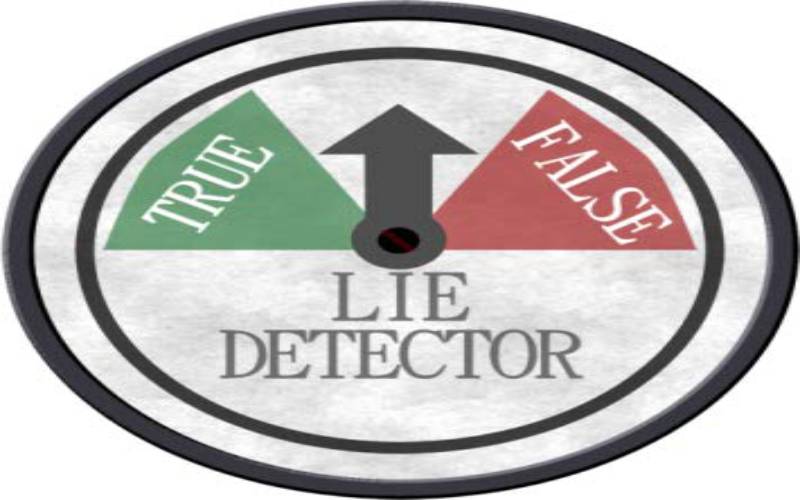×
The Standard e-Paper
Home To Bold Columnists

It’s often described as one of the most accurate lie detector tests, but a new study suggests that fMRI tests can easily be tricked.
The brain imaging technique tracks blood flow around the brain, from which experts can deduce whether someone is lying.